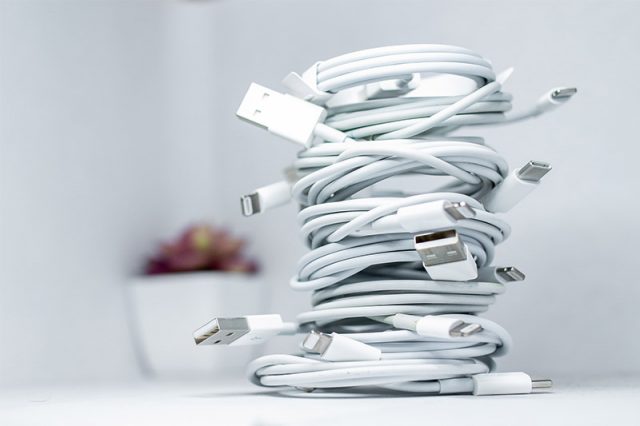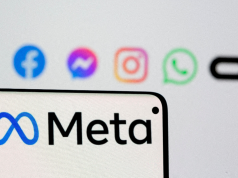The statistics surrounding mobile phones are staggering. There are more than 7 billion mobile phone users worldwide, nearly 5 billion of whom use a smartphone.
These devices are a fundamental part of our lives. But, as electronic devices are constantly improving, older models quickly become outdated.
In a survey conducted by Nevis Security, a Swiss software company, it was found that 62% of respondents replace their smartphones every three to four years. A significant portion of people change their phones even more frequently than this, with nearly 20% of the respondents reporting that they replace their phone every year.
This rapid turnover doesn’t only involve getting a new device; it often means purchasing a brand new set of cables and chargers that are compatible with the latest model of phone.
Fortunately, change is on the horizon. The European Commission has recently implemented a regulation mandating that, by 2024, all phones and small electronic devices sold within the EU must feature a universal USB-C charging port. As a result, 30 different models of charger have been reduced to just three.
Despite this development, most of us have already accumulated a stash of old devices, chargers and cables that sit forgotten in our sheds, drawers and cupboards. Many of these chargers ultimately end up being discarded, contributing to more than 51,000 tonnes of electronic and electrical equipment waste each year.
So, what should or shouldn’t you be doing with all of the obsolete electronic equipment that is piled up in your home?
Don’t bin them
Many people do not realise that disposing of old phone chargers and cables in standard waste bins has negative environmental consequences. Chargers and cables consist of various plastics, metals and other materials that do not decompose naturally.
Polyvinyl chloride – commonly known as PVC – is a plastic that is often used in chargers and cables. It breaks down very slowly, typically taking 30 years or more to degrade. PVC also fragments into harmful microplastic particles.
The safe handling of e-waste is important, yet the issue of electronic waste is frequently overlooked. In fact, much of the electronic waste that is generated goes undocumented.
Developed nations, including the United States, certain Europe nations and some in Asia, often export their electronic waste to poorer countries. In places where suitable facilities and national electronic waste legislation are lacking, electronic waste is often treated as general waste and either ends up in landfill or is recycled along with other metal or plastic waste.
Nevertheless, any electronic waste that includes a plug, battery or cable can be managed in an environmentally responsible manner. All cables contain copper, a valuable material, making them suitable for recycling. Many standard cable plastics can be recycled too, although some may pose challenges due to the presence of additives.
What should you do with them?
There are several recommended methods for managing old chargers and cables responsibly.
Some retailers offer convenient options for disposing of old products. These include paid pick-up services where your old item is collected when delivering a new one, or free drop-off programmes. For instance, Apple provides a national trade-in system in the UK where people can trade in their devices or cables in return for credit towards the purchase of a new device or, if not eligible for this scheme, will recycle them at no cost
Most recycling centres also accept common wires and cables, including mobile phone cables, electrical and home appliance wires, Ethernet cables, power cords and chargers. Dropping your old phone cables off at a recycling centre will ensure they are properly recycled.
It’s worth noting that wireless mobile phone chargers are emerging as a promising future charging option. This technology is helping to reduce the need for cables.
If your chargers are in working condition, you can opt to sell them through online auction sites such as eBay. Alternatively, you can sell your devices online or at stores such as Music Magpie, which claims to refurbish 95% of the products received from consumers, all of which are resold in the UK.
Rather than selling your functional but unwanted chargers, consider donating them to a local charity shop for others to use. Some local authorities also offer curbside collection services for small electrical items. Check with your local council to see if this service is available in your area.
There are lots of ways to manage your old cables and chargers sustainably. By prioritising electronic waste prevention, reuse and recycling, you will not only help the environment, but also ensure that today’s products can form tomorrow’s raw materials.

Ian Williams, Professor of Applied Environmental Science, University of Southampton
This article is republished from The Conversation under a Creative Commons license. Read the original article.










